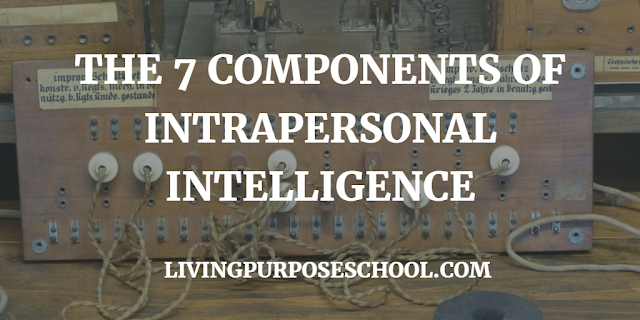Self-Awareness is the first
component of intrapersonal intelligence. To maximize your potential, you
need to first know what you have the potential to do. A lot of people don’t
have a clear and accurate knowledge of themselves and what they can do, so they
are moving to-and-fro in life!
Yes it’s true that you
know the top 10 successful business people in the world; the top 10 celebrities
in the world; the top 10 richest people in the world; the top 10 investors in
the world. You have read about them, you have heard about them and you have listened
to their programs. But do you know yourself? Your first step to bring the best in
you is to develop self-awareness. It is to know the great potential in you and
to bring it out! It is know yourself!
Daniel Goleman, the bestselling
author of “Emotional Intelligence” made it clear that self-awareness is the
first skill set that makes up emotional intelligence. In his research and book,
he showed that successful leaders in the world first of all have levels of
self-awareness.
Self-awareness is the
ability to recognize and know your beliefs, thoughts, emotions, strength,
weakness and your sense of worth. Oprah Winfrey said, “You
become exactly what you believe and is not just your shadow beliefs but your subconscious
beliefs.” In order words, self-awareness helps you to recognize the subconscious
beliefs and thoughts ruling your life, so you can make changes to them and
change your life!
 |
| Image Source: Confidence Is Quiet |
According to Daniel Goleman’s
research, self-awareness has three
components: emotional awareness, accurate self-assessment and self-confidence.
The more you know your emotions, beliefs and thoughts, the more accurate
knowledge you develop about your strengths and weaknesses. And the more you
know your strengths and weaknesses, the more confidence you will be about your
life and in doing what you do best!
To know yourself and
discover the treasures within you, take time and engage in self-reflection. Use
the following questions as yardstick in making your personal reflection.
1.
Who am I?
2.
Where am I in life?
3.
What on earth am I here for?
4.
What am I capable of doing?
5.
Where am I going to or what is my destiny?
These five questions
will help you know yourself better and to unleash the potential within you.
They will help you to develop self-awareness and live a more successful and
happy life!
Written by Francis Sabutey,
Content Writer & Content Marketer,
Accra-Ghana.


















